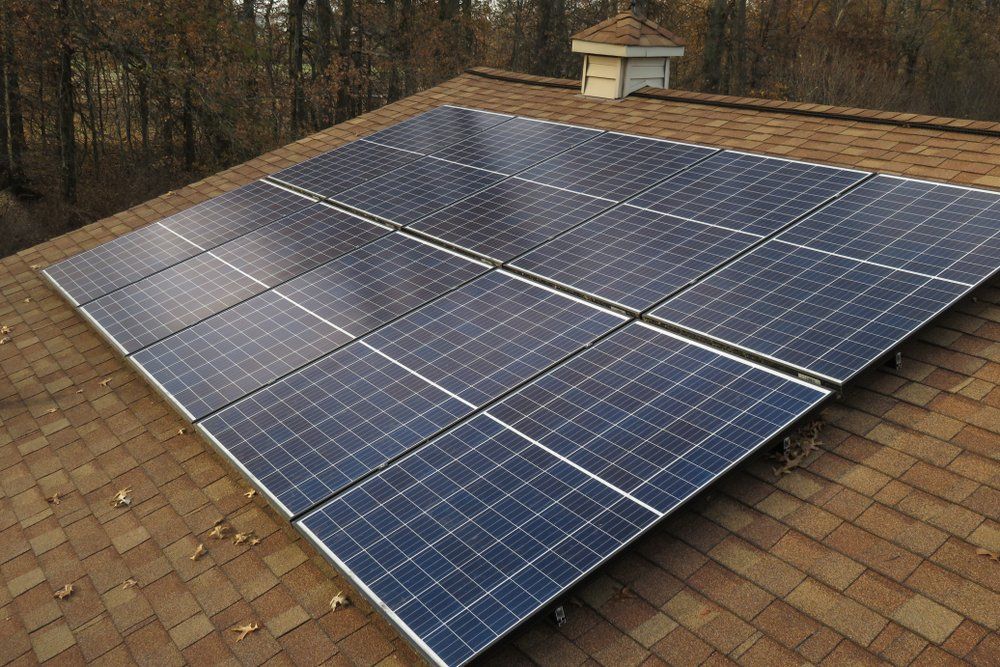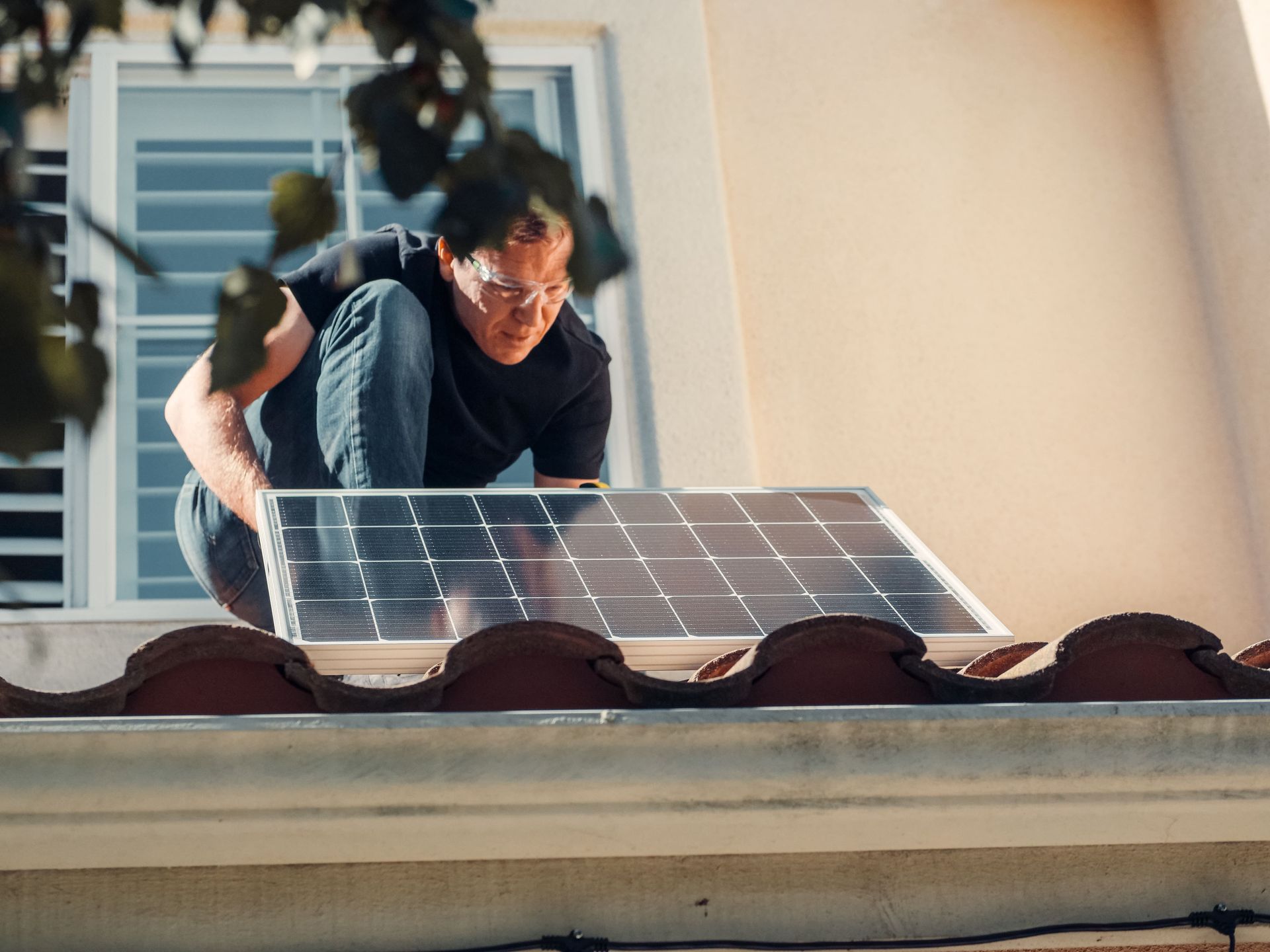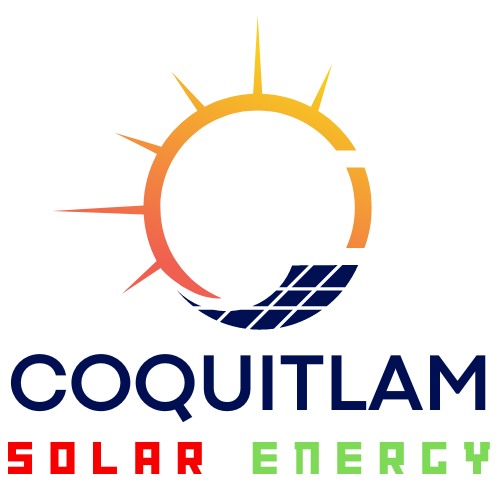Solar Installation for Home
There has been a significant surge in interest in solar installation for homes, and this trend has been particularly pronounced in Canada. As individuals and communities become more conscious of the environmental impact of traditional energy sources, solar power presents a cleaner and more sustainable alternative.
The
solar sector is experiencing rapid expansion, with more than 25% of the total installed capacity in Canada being added in just 2022. And the solar energy market in Canada is predicted to grow by more than 11% annually in the coming years.
Most of this growth, a substantial 98%, occurred in Western Canada. Alberta saw an increase of 1,391 MW, while Saskatchewan added 387 MW to its installed capacity. Other contributions included 24 MW from Quebec, 10 MW from Ontario, and 2 MW from Nova Scotia.
Canada has set a goal to achieve net-zero emissions by 2050 and is planning to replace fossil fuels with renewable energy sources. This ambitious target is likely to create opportunities for the solar market in the future.
Taking into account the projected projects and the current status of solar energy capacity and generation, Canada's solar energy market is on the brink of substantial expansion in the future. The
residential solar
industry is expected to play a significant role in driving most of this growth.

Understanding Home Solar Installation
When setting up solar energy for your home, several key components work together to make it happen smoothly. Let's take a closer look at each of these parts:
Solar Panels
These are the fundamental component of the solar energy system. Solar panels are like special surfaces that catch sunlight and turn it into electricity. Think of them as the energy generators that make your home run on sunlight.
Inverters
Solar panels produce electricity that your home can't use directly. Inverters are like translators – they change this special electricity into what your home appliances and gadgets understand. This way, your lights, TVs, and other devices can all use solar-generated electricity.
Racking and Mounting Systems
These are like sturdy frames that hold the solar panels securely in place. Think of them as the support system that keeps your solar panels safe and positioned correctly to soak up the most sunlight.
Batteries
These are optional but quite useful. They work like a backup for when the sun isn't shining as brightly. Batteries store the extra electricity your solar panels make during sunny days so that you can use them at night or on cloudy days.
Electrical Connections
This is when your devices need cords to connect to outlets and other parts. These wires ensure that the electricity flows smoothly and safely through the system.
Site Assessment and Panel Placement
Before setting up the solar panels, experts check out your home's surroundings to find the best spots for them. This includes determining where the panels should go on your roof or property to get the most sunlight.
Determine Energy Needs and System Size
Experts examine how much electricity you use to ensure your solar energy system is just right for your home. They then decide how many solar panels and other parts you need to create enough electricity to cover your needs.
Calculating Costs and Return on Investment (ROI)
The return on investment (ROI) is important to consider when deciding if an investment is a good idea. When it comes to solar panels, the amount of money you get back from them makes them a good investment over a medium to long period.
When you're figuring out if getting solar panels for your home is a good idea in Canada, there are two important things to think about:
- The Cost of Each Watt Installed
- System Size
Cost for Each Watt Installed
In Canada, putting in a solar energy system costs about 3 dollars for each watt. So, for a 7.5-kilowatt setup, it would be around 22,500 dollars. The price can be different depending on where you live. For example, Ontario has the lowest cost, while Nunavut is more expensive, costing over 4 dollars.
Remember, these numbers are averages for different places, and the cost can change based on your location. You might have to pay more if you want a bigger system than 7.5 kW. And if you want a high-quality system, it might cost more too.
System Size
To determine how big your solar setup should be, consider how much electricity you use in a year. You can check your latest electricity bill or use an average from the past year.
For a more exact idea, add up all your monthly electricity bills from the last 12 months. Usually, a Canadian home that uses gas for heating uses around 7,500 to 15,000 kilowatt-hours (kWh) in a year. But if you have electric heating, your electricity use could be between 20,000 and 35,000 kWh.

How Much Does It Cost to Install Solar Panels in Canada?
In the last ten years, the price of installing solar panels has decreased significantly. This means it's more affordable now for people who want to help the environment and save money on their energy bills.
The cost depends on how much energy your home needs. Imagine a house that needs power between 4 kW and 10 kW. If you want a solar panel system that gives you 4 kW to 9.6 kW, it could cost you anywhere from 12,000 to 25,000 dollars.
Different Types of Solar Panels
Home solar power installation involves setting up the right panels. Professional solar contractors ensure they're connected correctly and use the energy the panels create to power your home.
Monocrystalline
Known for their high efficiency and sleek design, these panels are made from a single crystal structure.
Polycrystalline
These panels are slightly less efficient but are more cost-effective and suitable for larger installations.
Thin-Film
These lightweight panels are flexible and can be integrated into unconventional spaces. However, they tend to be less efficient.
Efficiency Ratings and Performance Considerations
Higher-efficiency solar panels produce more electricity per square foot. But the choice should be balanced against budget constraints and available space.
Installation Process with Professionals
Collaborating with professionals for solar installation ensures a safe and efficient process. Qualified installers possess the expertise to:
- Safely handle electrical components and connections.
- Optimize panel placement for maximum sunlight exposure.
- Securely attach panels using appropriate racking and mounting systems.
- Ensure compliance with building codes and regulations. These can include zoning ordinances, building permits, utility interconnection agreements, and adherence to local electrical codes.
- Do maintenance and routine check-ups to ensure optimal performance. Tasks might include cleaning panels, checking electrical connections, and verifying battery functionality.
Set Up Rooftop Solar Panels for Home
As interest in renewable energy grows, home solar installation offers an appealing and environmentally friendly way to power households. Homeowners can make informed decisions about integrating solar power into their homes by understanding the components, costs, benefits, and installation process. Collaborating with
professionals
ensures a successful home solar power installation.
CONTACT
Telephone: 604-337-1958
E-mail: info@coquitlamsolarenergy.ca
LOCATION
Coquitlam, BC V3B 0A4, Canada
Coquitlam Solar Energy | All Rights Reserved | 2023
